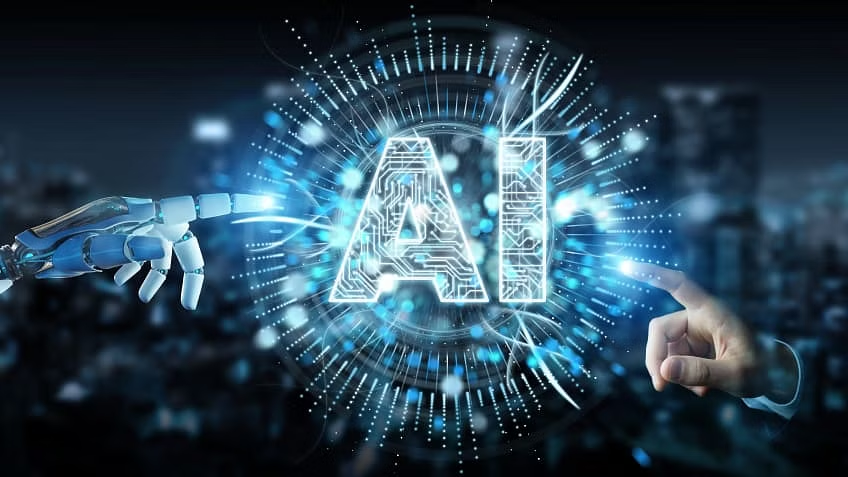Digital transformation dominates the current era, skyrocketing the demand for artificial intelligence (AI) and machine learning (ML) skills. As technology evolves, so does the necessity to keep up with the latest tools and theories. For those looking to enhance their knowledge or pivot their career paths, an AI and ML course online offers a flexible and comprehensive way to stand at the frontline of technological advancements.
Understanding AI and ML Fundamentals
The journey into AI and ML starts with a strong foundation. Fundamental courses are crucial, as they equip learners with the essential concepts and theories of artificial intelligence and machine learning. These programs cover various topics, from the basics of algorithms and data structures to more advanced subjects like neural networks and predictive analytics. As students advance, the curriculum is meant to help them understand increasingly tricky concepts by providing a solid foundation of knowledge. Educators craft these courses to challenge students while providing the tools necessary for success. Each module introduces critical elements, ensuring a comprehensive understanding that paves the way for future exploration and mastery.
Intermediate Courses: Bridging the Gap
Once the basics are mastered, intermediate courses serve as the next step. These are tailored for individuals who have a basic understanding of AI and ML principles and want to deepen their expertise. Intermediate programs often include hands-on projects and real-world case studies, which help students apply theoretical knowledge in practical scenarios. This stage is crucial for those aiming to specialise in areas such as data science, robotics, or natural language processing. Facilitators design these courses to offer rigorous training and foster analytical thinking, equipping learners with advanced tools and methodologies.
Advanced Learning Pathways
Advanced courses benefit professionals with a solid grounding in AI and ML. These courses offer specialised knowledge to help them become leaders in their fields. These courses delve into complex areas such as deep learning, advanced statistical methods, and cognitive computing. Participants learn to manage large-scale AI projects and implement ML systems that can significantly impact business outcomes or scientific research. These programmes provide a deep understanding of cutting-edge techniques and methodologies, empowering professionals to drive innovation and tackle complex challenges head-on.
Choosing the Right Platform and Course
With numerous platforms offering courses in AI and ML, selecting the right one can be overwhelming. Consider factors such as course content quality, the instructors’ credibility, and the curriculum’s practical value. Prospective students should seek programs that provide theoretical knowledge and offer practical experience through projects, peer interactions, and mentorship. Performing comprehensive investigations and analysing evaluations from past participants can aid in arriving at a well-informed decision.
Career Opportunities and Industry Applications
The knowledge acquired from an online AI and ML course opens many career opportunities across various industries. Tech companies, financial institutions, healthcare, and government agencies seek professionals with these skills. Data scientists, AI experts, and machine learning engineers are among the most in-demand positions. Furthermore, expertise in AI and ML can lead to innovations in fields like autonomous vehicles, enhanced medical diagnostics, and improved customer service automation. This expertise is invaluable for driving advancements and solving complex societal challenges.
Regardless of one’s current skill level or professional background, an AI and ML course online is a strategic move to future-proof one’s career. The educational pathways provided cater to beginners, intermediates, and advanced learners alike, ensuring that every student can find a program that fits their needs and helps them achieve their professional goals. By investing in such education, individuals not only enhance their capabilities but also contribute to the advancement of global technology standards.



